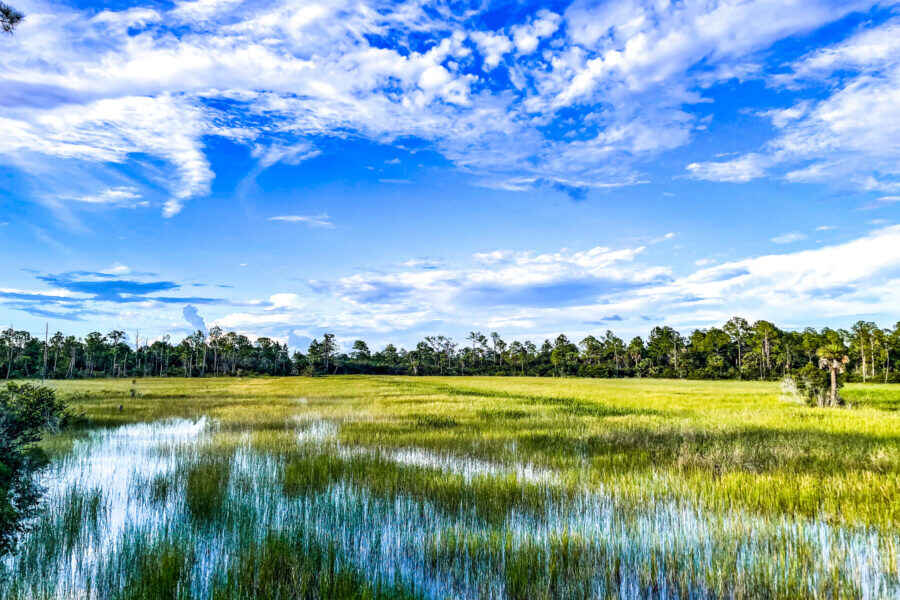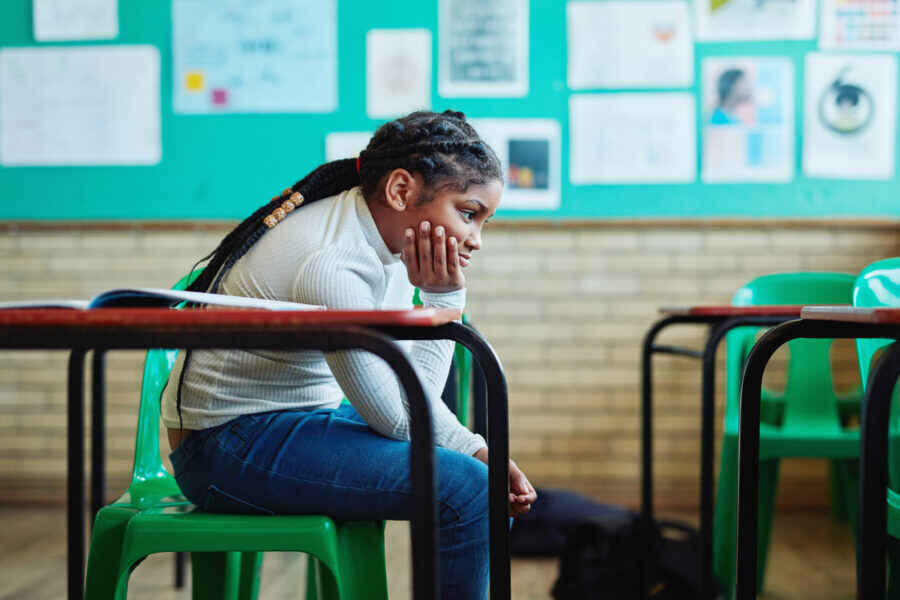
The Department of Health and Human Services Recommends Rescheduling Cannabis
Law & Policy InsightsCannabis Legalization and RegulationCannabis is legal in most states and most of those living in the U.S. support some form of cannabis legalization. Despite the evolution in state policy and broad public support, cannabis remains illegal under federal law. Things could be changing. In October of 2022, President Biden ordered the Secretary of Health and Human Services and the Attorney General to initiate the administrative process to review cannabis’s classification under federal law.










